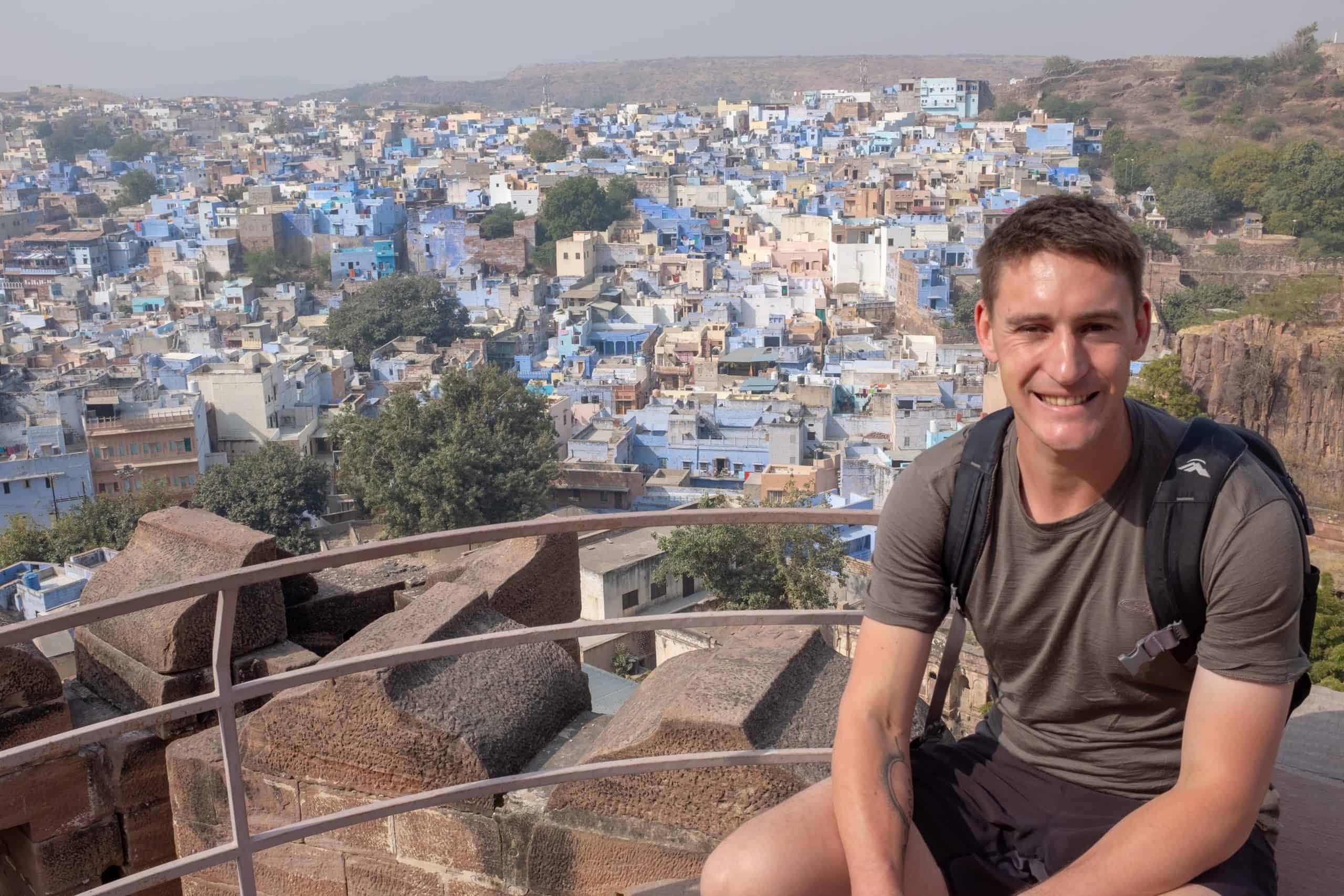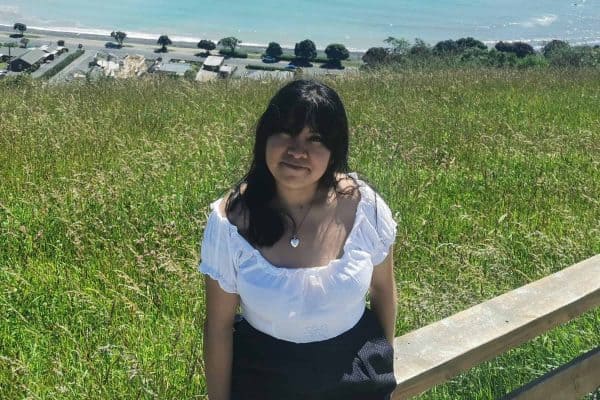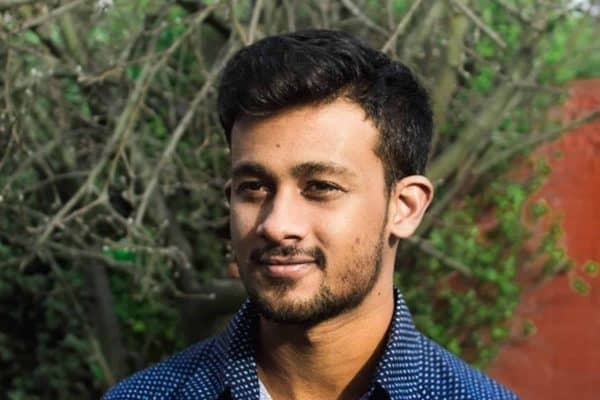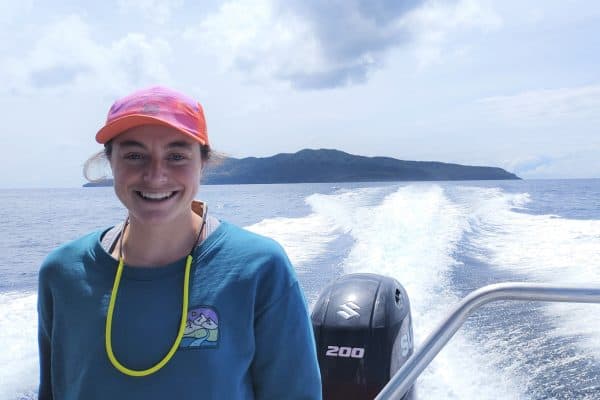Modelling post-disaster habitability and population displacement
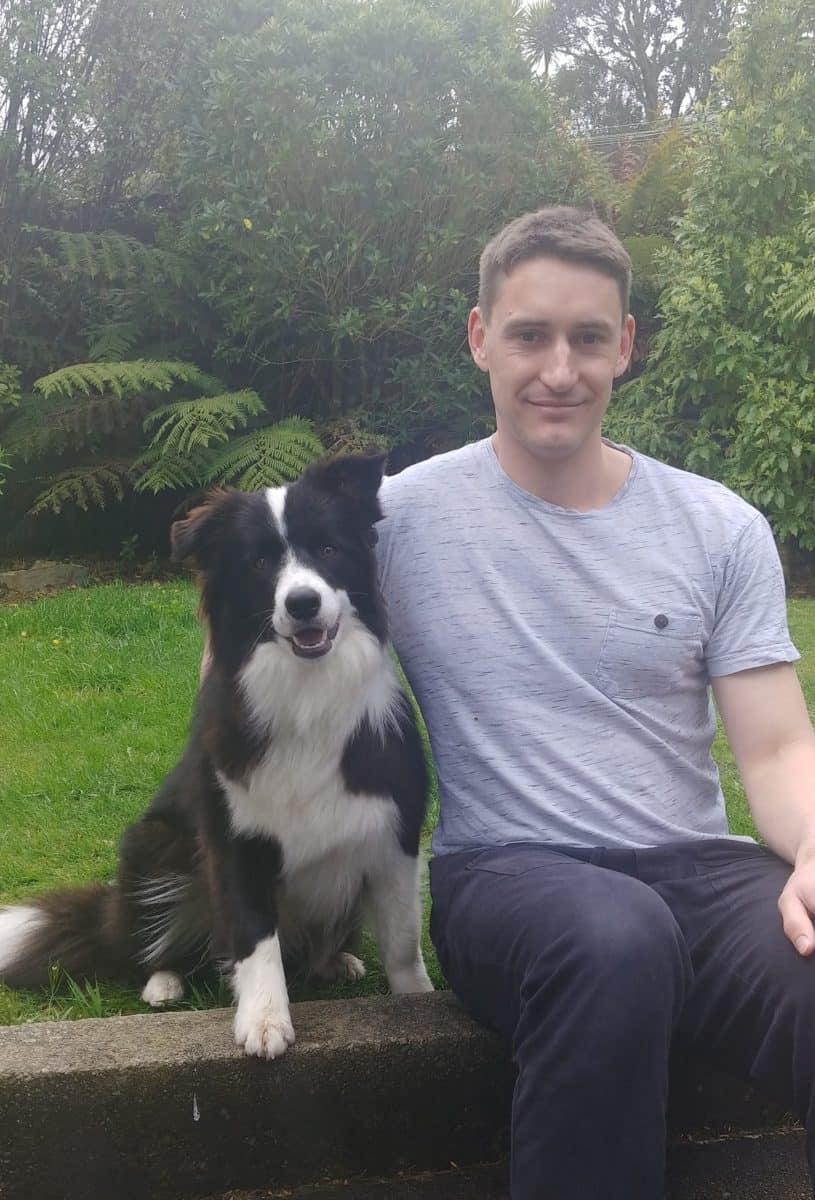 Beginning my life in the geologically active environment of Hawke’s Bay likely had an influence on my path leading to writing this profile. Living in Napier, I have strong memories of the frequent earthquakes we would experience, reminding us of the destructive earthquake of 1931. I was also fascinated by the eruption of Mt. Ruapehu in 1995/6 and remember our garden being coated in ash. My earliest schoolbooks, in which we had to draw a picture and write a sentence or two about any topic, are filled with entries of my house being destroyed by various processes such as fire, lightning or lava. A move to Christchurch led to living through the Canterbury earthquake sequence and the associated impacts, an experience that reinforced my interest in natural hazard risk and resilience.
Beginning my life in the geologically active environment of Hawke’s Bay likely had an influence on my path leading to writing this profile. Living in Napier, I have strong memories of the frequent earthquakes we would experience, reminding us of the destructive earthquake of 1931. I was also fascinated by the eruption of Mt. Ruapehu in 1995/6 and remember our garden being coated in ash. My earliest schoolbooks, in which we had to draw a picture and write a sentence or two about any topic, are filled with entries of my house being destroyed by various processes such as fire, lightning or lava. A move to Christchurch led to living through the Canterbury earthquake sequence and the associated impacts, an experience that reinforced my interest in natural hazard risk and resilience.
I majored in Geology for my undergraduate degree, and Hazard and Disaster Management for my Master’s. After completing my thesis, I worked as a yoga teacher for a few months, before relocating to Wellington and joining the Ministry for the Environment focusing on natural hazards policy. Since 2017 I’ve been working at GNS Science as a risk scientist and have recently started my PhD part-time through the University of Canterbury, supported by a scholarship from the Resilience Challenge Rural programme.
Much of my free time is taken up trying to remain fit enough to keep up with my border collie, Tui. At the time of writing, my partner and I have a lockdown baby on the way, which is one of the few times in my life I’ve done something on-trend. My priority now is getting as much done on my PhD before the inevitable baby-related tiredness sets in.
My project
To plan and prepare for future events we need to have a good understanding of the impacts to communities. This means going beyond physical damage assessments to examine the impacts to individuals and households. My project will develop models to measure the impacts of natural hazard events to residential habitability and associated population displacement. Important questions include: What are the factors that lead to loss of habitability and population displacement? How long will people be out of their homes, and where will they relocate? What preparation, response and recovery actions could help keep communities together?
Answering these questions will require complex modelling techniques, data collection and analysis. It is essential to account for the variability in natural hazard event types, built environment impacts such as building damage and utility outage, and the variation of community and household characteristics. For example, a major earthquake affecting a city will have different impacts to a flood affecting a rural community. I will be examining the experiences from past events in New Zealand and internationally to gather insight into the important factors to incorporate in the modelling. The models will be agent-based, to account for individual and household decision-making, as well as test the influence of different actions (e.g. increasing household preparedness or providing various temporary housing options).
Next steps
There’s lots of exciting sub-projects that I’m involved in that will contribute towards this research. The first is developing a population model for New Zealand, in which individuals and households are synthetically created to reflect the statistics of an area, including the number of people, their demographics and household composition. I’ll also be looking at adding animal companions to households, to help account for decision-making regarding pets, particularly when choosing alternative accommodation.
Secondly, I’m working on multiple projects examining the impacts of recent events on households in terms of population displacement. These include the Canterbury earthquakes, the 2017 Edgecumbe flooding and the 2020 Southland flooding.
Building on previous work, I’m piecing together the models and learning more about agent-based modelling techniques. I’m looking forward to sharing the draft results in the coming year and working with decision-makers to ensure they’re as useful as possible.
